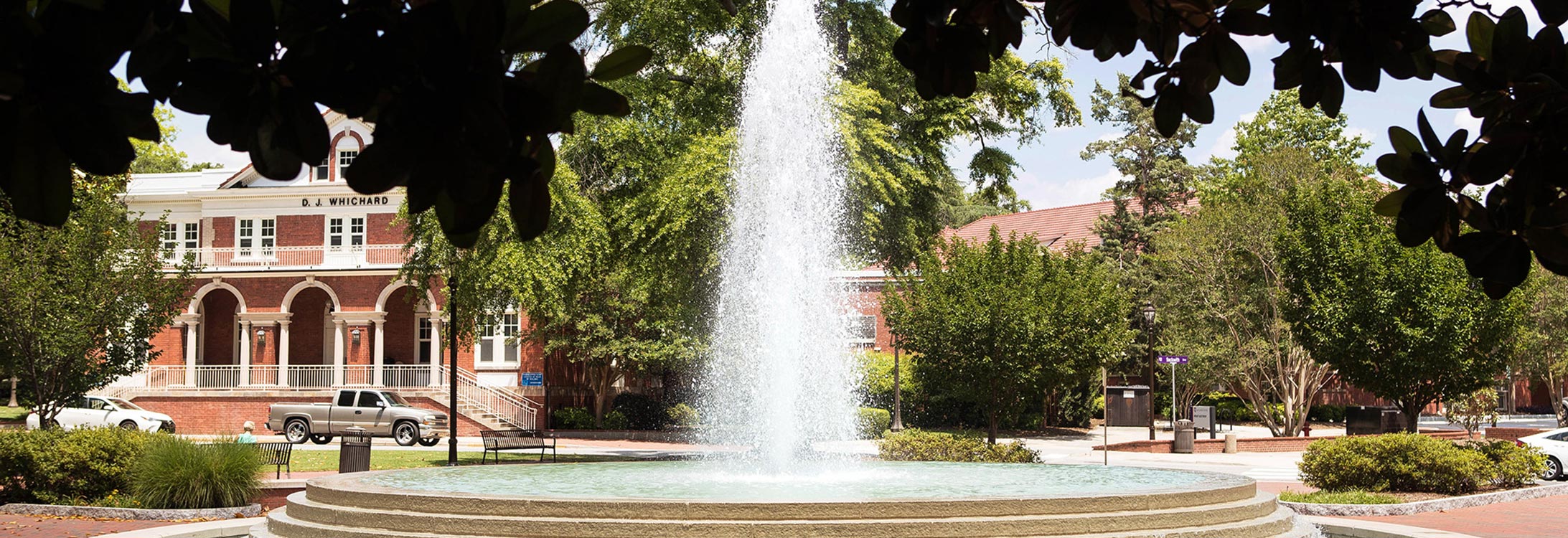Philosophy & Religious Studies
Why Study Philosophy?
The word ‘philosophy’ originally meant love of wisdom. In ancient Greece, philosophers were those who sought explanations fort things. For many centuries afterward, to engage in any kind of learning or education was to pursue philosophy. (ThePh.D, the philosophical doctorate, still marks the highest degree awarded in the pursuit of knowledge.) As human beings acquired knowledge, various areas of study became their own disciplines, such as chemistry, biology, physics, economics and psychology. At the heart of philosophy are questions such as; What is to have knowledge? Is there any knowledge in the world which is so certain that no reasonable person could doubt it? How is it possible for a mind to interact with material things? Does God exist? What is the nature of a person? Is it possible for human beings to act freely? What is it about an action which makes it morally right, or morally wrong? What is the nature of justice? What is the nature of beauty?
Philosophical questions inquire into the nature of things. Studying these questions calls for a great deal of reflection. This suggests a pithy characterization of philosophy as thinking about thinking. Studying these questions also calls for careful, disciplined reasoning. Studying philosophy involves sharpening our reasoning skills by studying how we reason, and rewards us with deeper, more rigorous understanding of ourselves, our world, and the other things and creatures in it. Sharpened reasoning is valuable wherever it is applied, whether to philosophical issues, or to problems in the natural sciences, applied sciences, social sciences arts, or humanities. That these reasoning skills may be applied to issues in any of these areas indicates their value: they contribute to living a better life, since they can be applied in the workplace, whatever that may be, as well as in personal decisions. The critical reasoning skills developed through the study of philosophy allow us to identify and solve problems on our own, which makes us more independent, and less vulnerable to rhetorical flair.
Philosophical questions also explore what is possible. Doing so helps prepare you for change. As technologies and economies change, and change with increasing rapidity, the study of philosophy provides an increasingly important preparation for adapting to these changes. Employers are aware of these benefits of studying philosophy. (Some statistics are available on other philosophy department handouts.) We encourage you to consider majoring, double-majoring, or minoring in philosophy, and invite you to meet with Dr. John Collins, the philosophy program director. Even if you intend to major and minor in other subjects, we would be happy to meet with you and discuss you plans.
Why Study Religious Studies?
Religion is a social phenomenon that has great influence on human experience. Across the world history, religious values have, on the one hand, given human meaning and these traditions have laid the foundation for human relations as documented in human rights, democracy, social justice movements, interfaith interaction, tolerance and piece. On the other hand, religious ideologies have fueled conflict and encouraged insecurities such as acts of terrorism and ethnic cleansing, leading to dislocation and migration of populations and in some cases economies and general welfare of people have been destroyed. The study of religion enables one to understand origins and complex relationships in human relations. The academic field of religion is the most interdisciplinary field with direct relevance to the world we live in.
The Religious Studies concentration in the Multidisciplinary Studies major:
- Complements many professions, including business, counseling, education, foreign service, or social work. This program’s graduates have successfully moved into a variety of fields
- Provides excellent preparation for theological schools and various forms of ministry, including ancillary institutional functions such as education, finance, music, publishing, and recreation
- Creates a strong foundation for graduate work in preparation for research and teaching
- Informs students in their quest for meaning in life by probing the big issues in human life and action
- Allows students to combine their study of religion with a major or minor in another program, enabling them to broaden their educational experience and acquire a more immediately marketable skill
- Helps students to think analytically and communicate effectively
- Enhances cultural awareness, which is increasingly vital in our ever more interconnected world.
These skills are transferable to many career fields. In our ever more culturally diverse world, this training will serve students well in the 21st century. The program has many graduates who have gone on to successful work in various professions.
